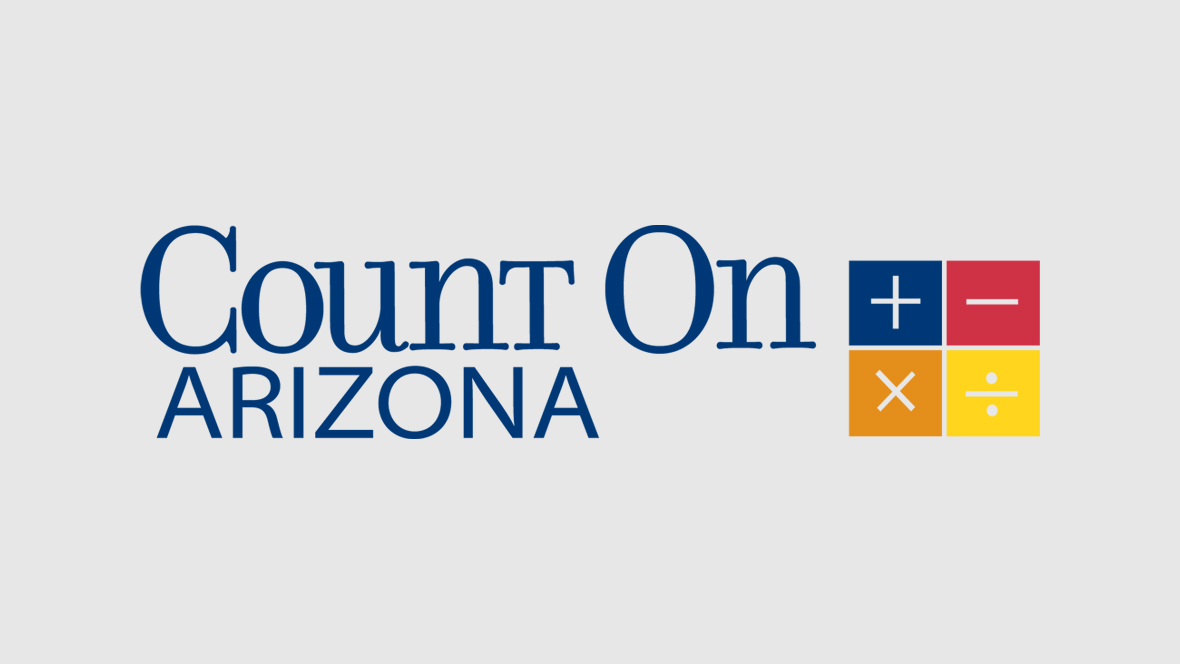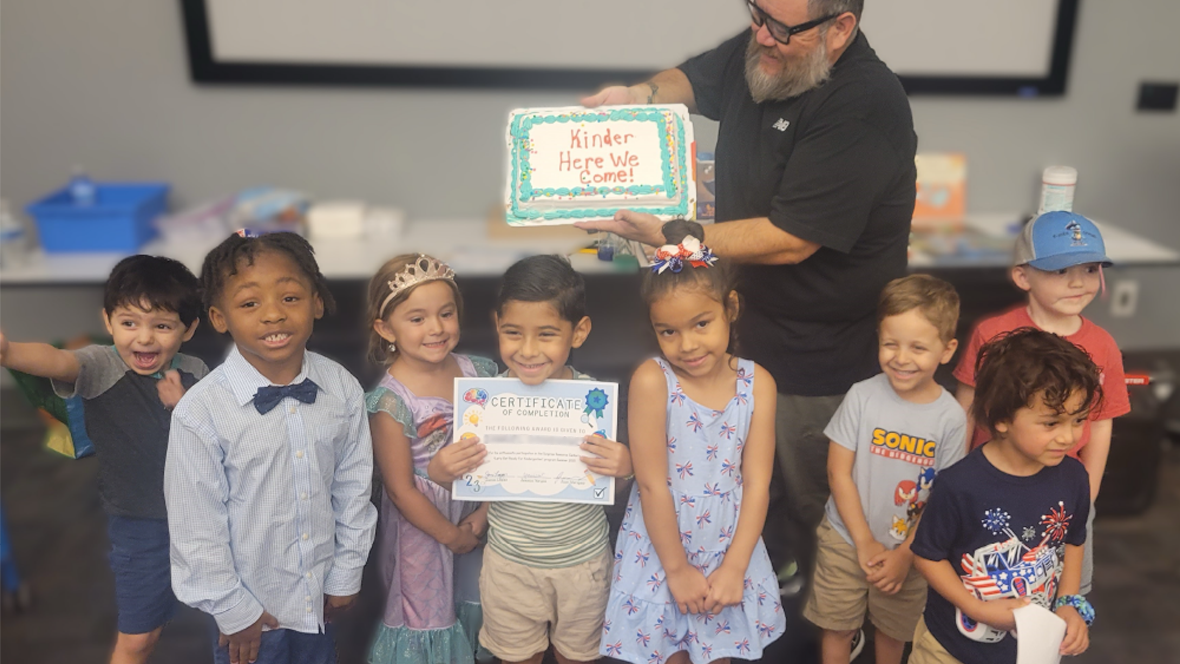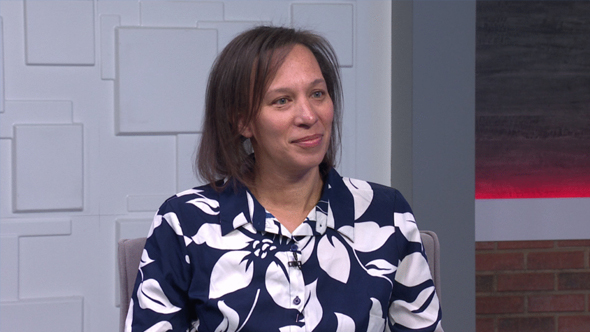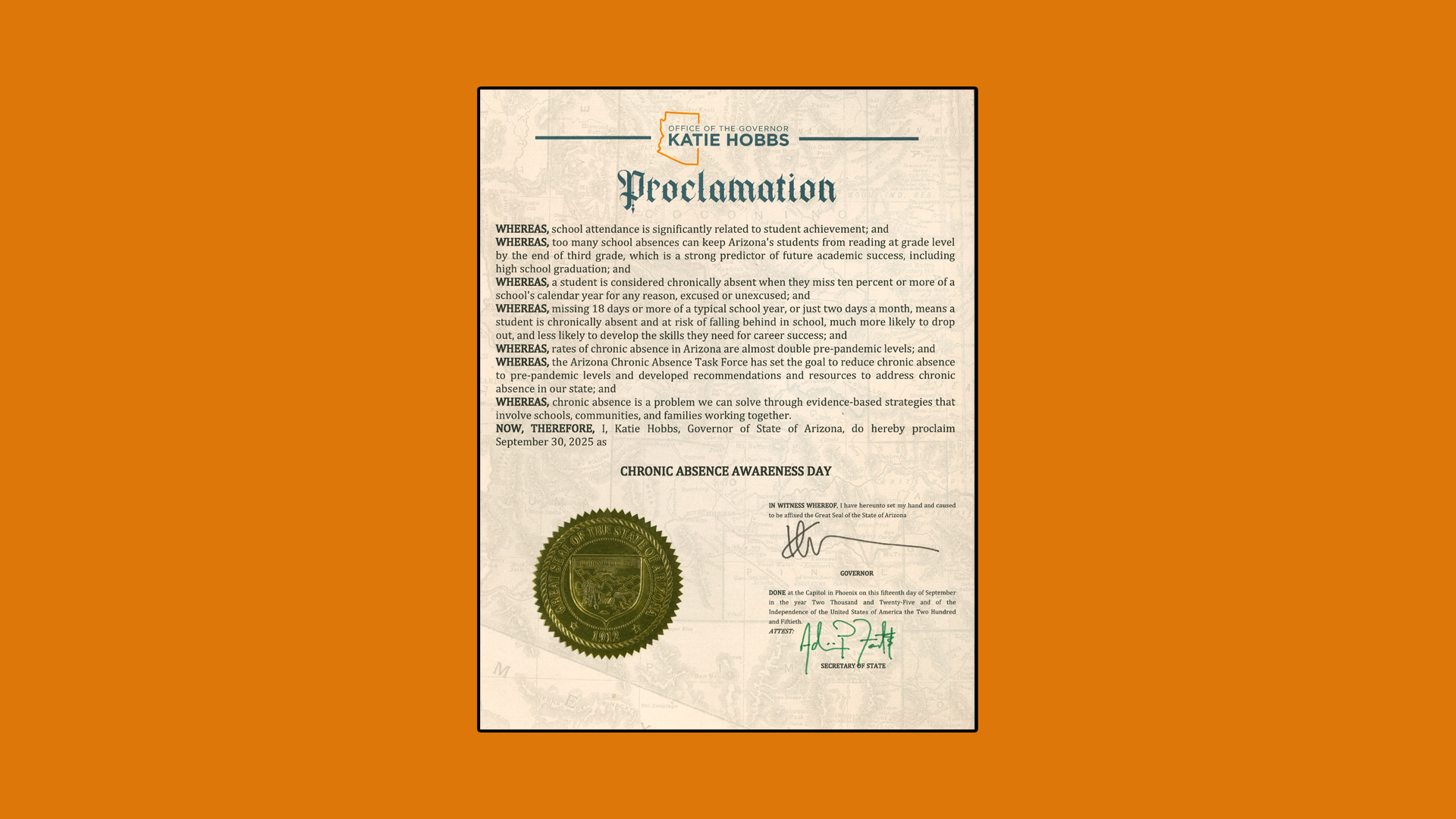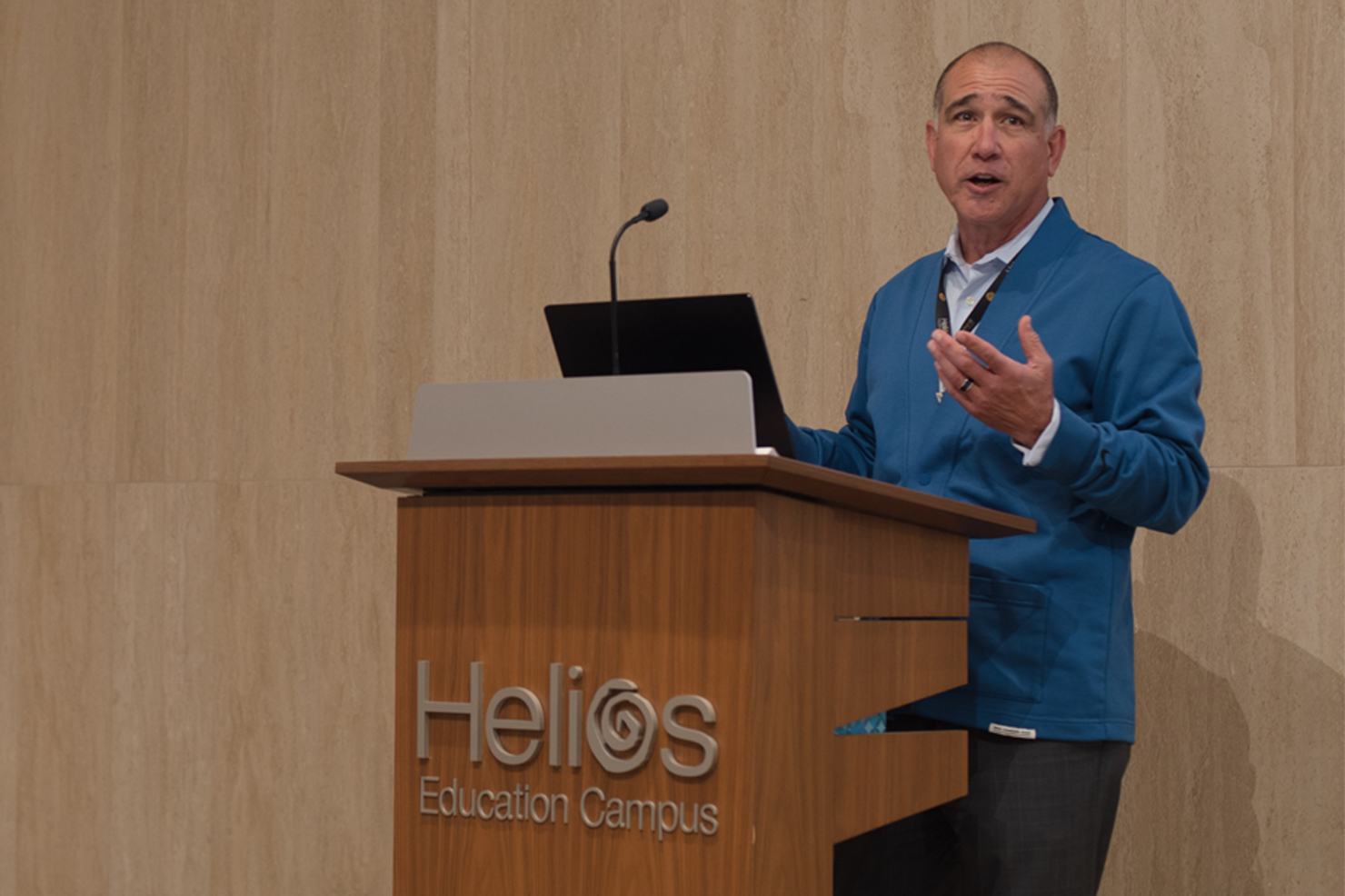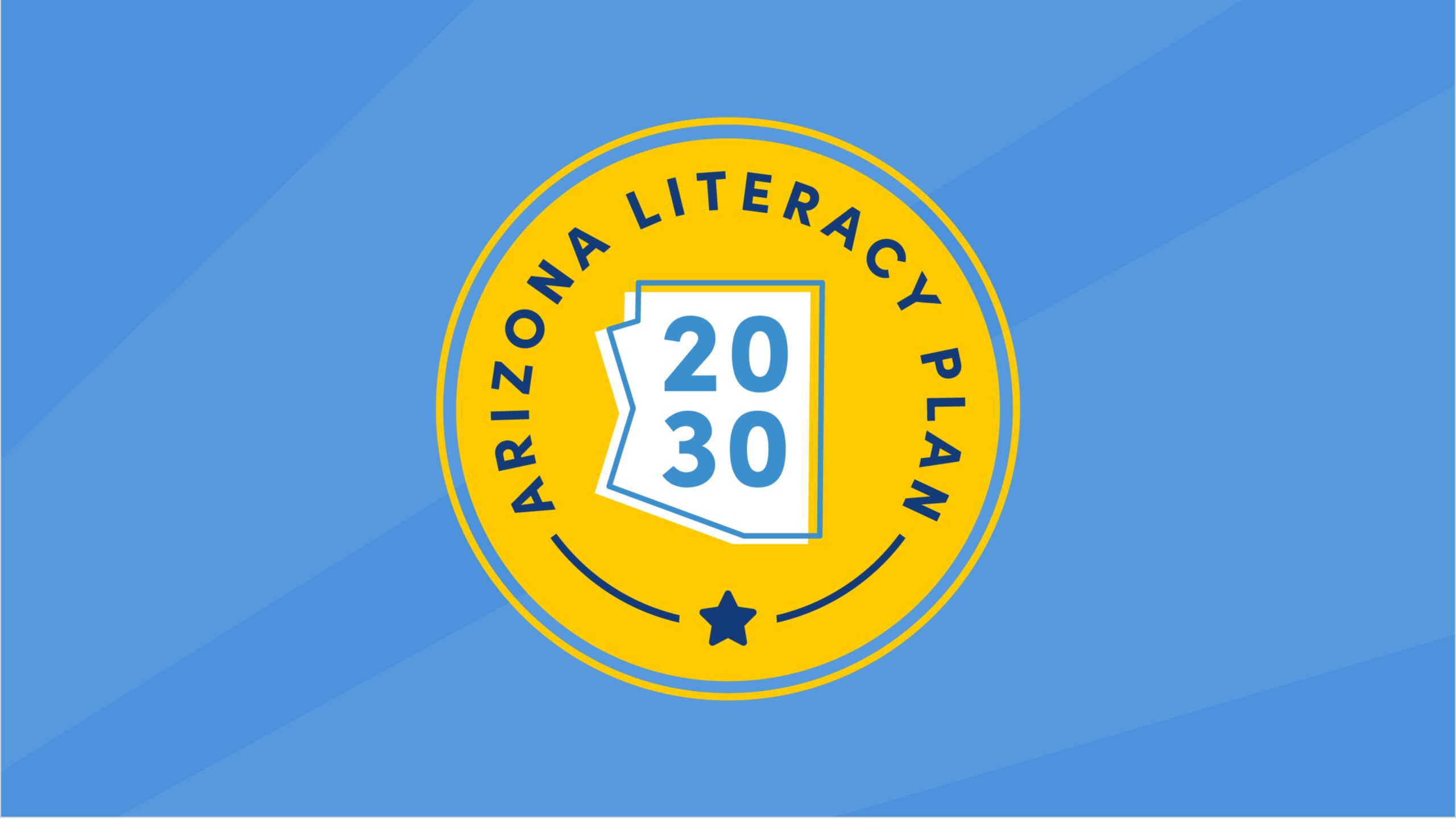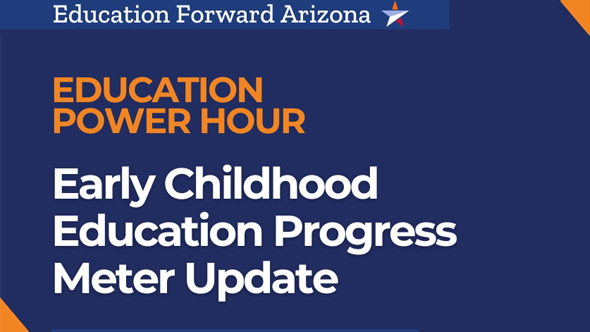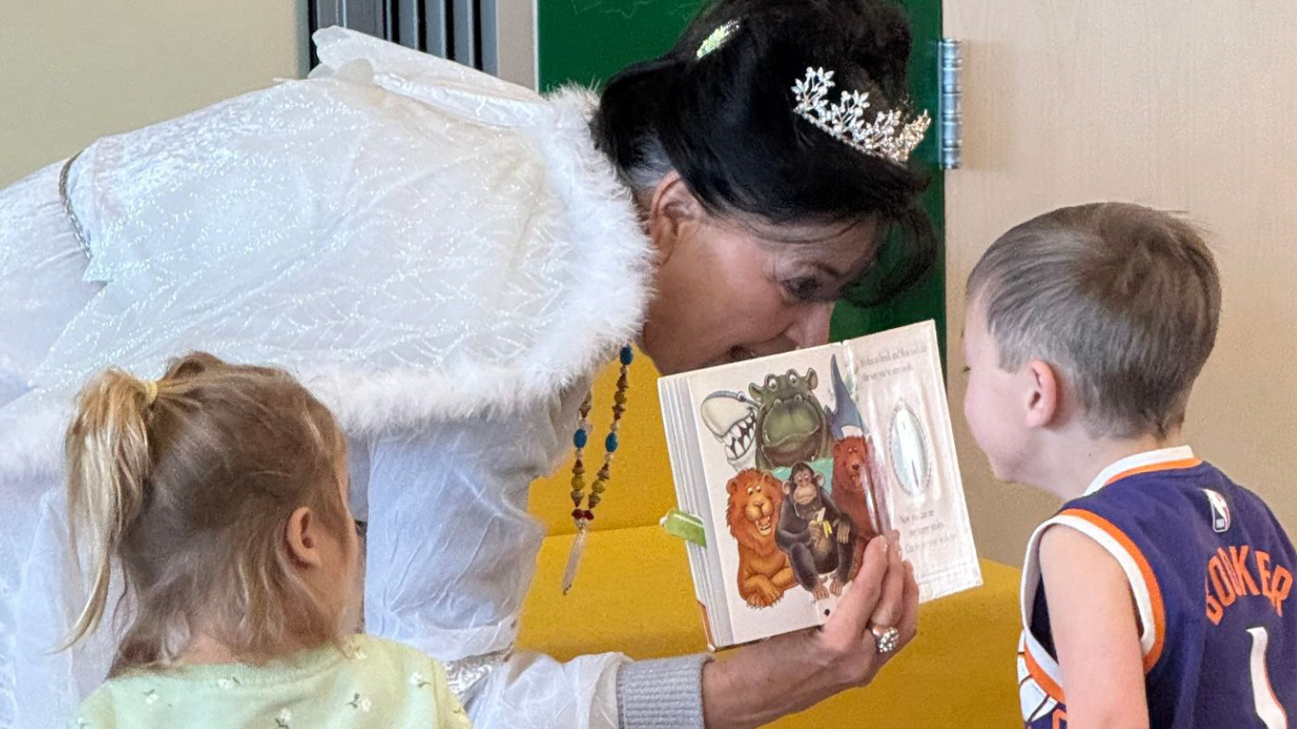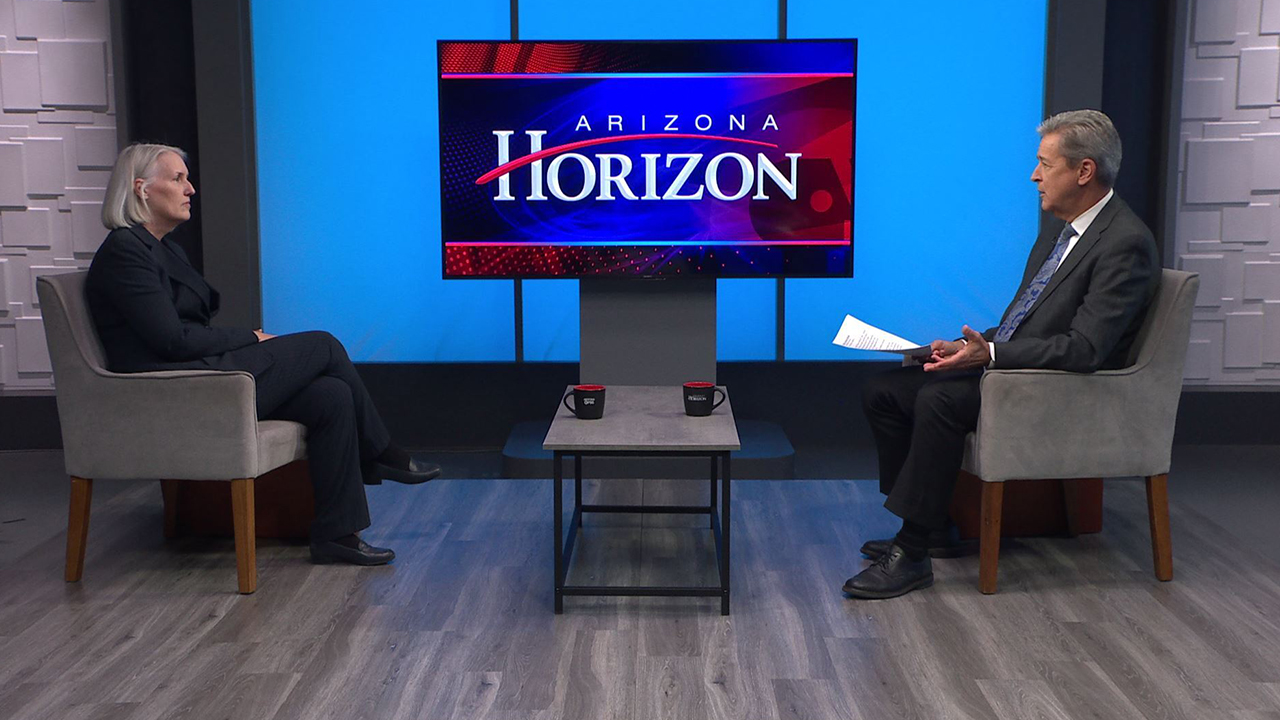October 10, 2019
State Strategies
To break the cycle of poverty in Arizona, the National Center for Families Learning in collaboration with Read On Arizona, Arizona Department of Education, Southwest Human Development, Make Way for Books and Unite For Literacy will create 12 model demonstration sites through a Statewide Family Engagement Center Project (SFEC). This two-generation approach will help families all over Arizona.
Low-income students face significant barriers to school readiness and academic achievement. These factors may include lack of exposure to books and other key resources, difficulty speaking and understanding English, chronic absenteeism, and lower graduation rate. The SFEC understands these barriers and the importance of family involvement.
Among economically disadvantaged third graders, only 3 in 10 are reading at grade level. Compared to the overall average, which is closer to 50 percent. Given the Arizona Education Progress Meter goal to increase this to 72 percent by 2030, the SFEC is a critical program.
Currently, in six schools from Yuma to Pinetop/Lakeside, families are getting the tools they need to be successful. Research shows that parents are the first and most important teacher in a child’s life. SFEC works with parents to increase their skill sets around being their child’s primary teacher at home and in their child’s long‐term learning development. The initiative also empowers parents to engage with their child’s school be the primary advocate for their child’s education.
Working in tandem with local community partners, SFEC project is providing parents with 10 hours of high intensity, long duration training per week. Instruction is focused on individual goals. Coursework might include English-language or GED instruction. They also receive guidance on being their child’s first teacher – how to connect with them, address behavioral issues and more. Caregivers are also able to spend one hour per week learning alongside their child in their classroom. This time in the classroom allows them to better understand the subject matter and how to assist in the learning process at home.
To support community awareness and family engagement, caregivers with children birth to five will engage in an 8-week interactive early language and literacy program. And each participating family receives 100 books to create their own personal library. An online virtual center will allow parents to connect and bond with each other, share resources and provide support. Finally, professional development will be provided statewide to educators that focuses on family engagement and the needs that are identified by the school.
Each model demonstration site will receive three years of funding from the grant, with the hope that the school will make the program sustainable over a longer term. And results so far have certainly shown that it’s worth the effort. Parents are empowered, students are enthusiastic and engaged. This shared responsibility learning will create a bond and lifelong love of learning. Results with family learning in other communities across the country:
- When parents are engaged with their child’s education attendance rates increase.
- Participating in family learning helps break down barriers some parents feel to becoming engaged with their child’s education.
- When parents build their literacy skills and achieve their personal educational goals it changes the dynamic within the family. Education becomes a part of the family fabric as an example and priority for the younger generations.
